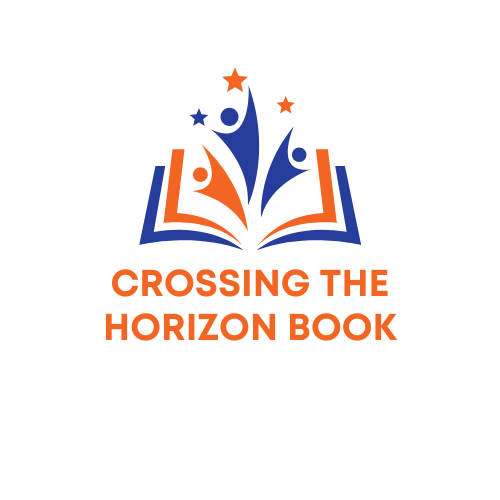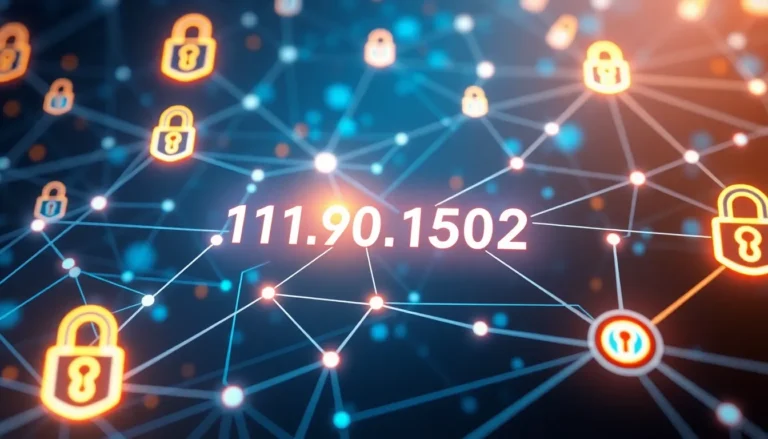Table of Contents
ToggleRelationships can feel like a rollercoaster ride—thrilling highs and gut-wrenching lows. When trauma sneaks in, it’s like the ride suddenly derails, leaving hearts in a tangled mess. But fear not! Overcoming relationship trauma isn’t just possible; it can lead to a stronger, more resilient you.
Imagine turning those painful experiences into stepping stones for personal growth. With a sprinkle of humor and a dash of self-love, healing becomes not just a journey but an adventure. It’s time to grab the metaphorical popcorn and embrace the process. After all, who wouldn’t want to emerge from the chaos as a relationship superhero, cape and all? Let’s dive into the strategies that can transform trauma into triumph and bring back the joy of connection.
Understanding Relationship Trauma
Understanding relationship trauma involves recognizing its definition and common causes. This awareness helps in navigating the complexities of healing and personal growth.
Definition of Relationship Trauma
Relationship trauma refers to emotional pain resulting from distressing experiences within interpersonal connections. It can stem from betrayal, abuse, or neglect. Individuals often feel anxiety, fear, or mistrust after such experiences. Symptoms may manifest in difficulties with intimacy or communication. Recognition of these effects is crucial for healing and building healthier relationships.
Common Causes of Relationship Trauma
Common causes of relationship trauma include infidelity, emotional abuse, and loss of trust. Stressful life events, such as job loss or illness, can exacerbate these issues. Dysfunctional family dynamics often contribute to persistent patterns of trauma. Childhood experiences, including neglect, influence adult relationships significantly. Each of these factors plays a role in shaping how individuals perceive and engage with their partners.
The Impact of Relationship Trauma

Relationship trauma deeply affects emotional well-being and behavioral patterns. Understanding these impacts is vital for healing and fostering healthier connections.
Emotional Effects
Victims of relationship trauma often experience intense emotional turmoil. Anxiety frequently arises, accompanied by feelings of inadequacy or unworthiness. They may also struggle with trust issues, hampering the ability to form new connections. Emotional numbing can occur as a coping mechanism, making it difficult to experience joy or intimacy. Additionally, depression is common, further complicating recovery. Recognizing these emotional effects helps individuals confront their pain and seek appropriate support.
Behavioral Responses
Behavioral responses to relationship trauma can manifest in various ways. Avoidance becomes prevalent; individuals may distance themselves from potential partners or friends. They might react with anger or frustration during conflicts, making communication challenging. Some engage in self-destructive behaviors, resorting to substance abuse or unhealthy relationships. Resilience can emerge despite these responses, leading some to seek therapy or explore self-help resources. Identifying these behaviors paves the way for constructive change and personal growth.
Steps to Overcome Relationship Trauma
Addressing relationship trauma involves several intentional steps. Each step contributes significantly to healing and personal growth.
Acknowledgment and Acceptance
Acknowledging trauma marks the first step toward healing. Individuals must recognize their emotional pain as valid, stemming from experiences like betrayal or neglect. Acceptance follows acknowledgment; it encourages personal accountability and the understanding that healing takes time. Honoring feelings, whether of anger or sadness, promotes deeper introspection. Acceptance fosters resilience, allowing individuals to confront their past without judgment. This process supports moving forward in a constructive way.
Seeking Professional Help
Seeking professional help often enhances recovery from relationship trauma. Therapists provide valuable tools for processing emotions and developing coping strategies. Support from someone trained in trauma recovery helps individuals identify harmful patterns in relationships. A trained professional can facilitate navigating the complexities of feelings and responses. Engaging in therapy encourages personal empowerment and self-awareness. Counseling also offers a safe space where individuals can express themselves freely.
Building a Support System
Building a support system is crucial for overcoming relationship trauma. Friends and family can provide emotional warmth and validation during the healing journey. Surrounding oneself with understanding individuals fosters a sense of belonging and connection. Participating in support groups offers shared experiences, allowing individuals to feel less isolated. Establishing boundaries within relationships also protects emotional well-being. Transparent communication strengthens connections and fosters trust among supportive peers.
Healing Techniques for Recovery
Healing after relationship trauma involves intentional techniques that foster recovery and emotional growth. Practicing these methods can significantly improve emotional well-being.
Mindfulness and Self-Care Practices
Mindfulness helps individuals stay present, reducing anxiety and overwhelming emotions. Engaging in meditation or deep-breathing exercises promotes relaxation and self-awareness. Self-care routines, including proper nutrition and physical activity, enhance overall health and resilience. Journaling can also be a valuable tool; writing about feelings provides clarity and perspective. Regularly spending time in nature aids in grounding and emotional stability. These practices empower individuals to reconnect with themselves, fostering a sense of inner peace.
Communication Strategies
Open communication plays a vital role in overcoming relationship trauma. Practicing active listening allows individuals to understand each other’s feelings and perspectives. Expressing emotions honestly creates a safe space for dialogue. Using “I” statements instead of accusatory language minimizes defensiveness and promotes constructive conversations. Setting aside time for regular check-ins encourages transparency and emotional intimacy. Utilizing these strategies strengthens connections, leading to healthier interactions in the future.
Rebuilding Trust
Rebuilding trust takes time and requires consistent effort from both parties. Being reliable and following through on promises cultivates a sense of security. Transparency about feelings and experiences fosters openness and reduces uncertainty. Apologizing sincerely for past mistakes can help rebuild a sense of safety. Gradually investing in shared experiences allows couples to create new, positive memories. Establishing trust reinforces the foundation of the relationship, paving the way for deeper connections.
Overcoming relationship trauma is a transformative journey that requires patience and commitment. By embracing self-love and humor individuals can navigate their healing paths with resilience. Recognizing emotional pain and seeking support lays the groundwork for recovery and growth.
Implementing effective communication and establishing healthy boundaries fosters deeper connections. As individuals work through their trauma they can rebuild trust and create new positive experiences. Ultimately this journey not only restores joy in relationships but also enhances personal well-being and emotional stability. Embracing this process paves the way for healthier and more fulfilling connections in the future.





